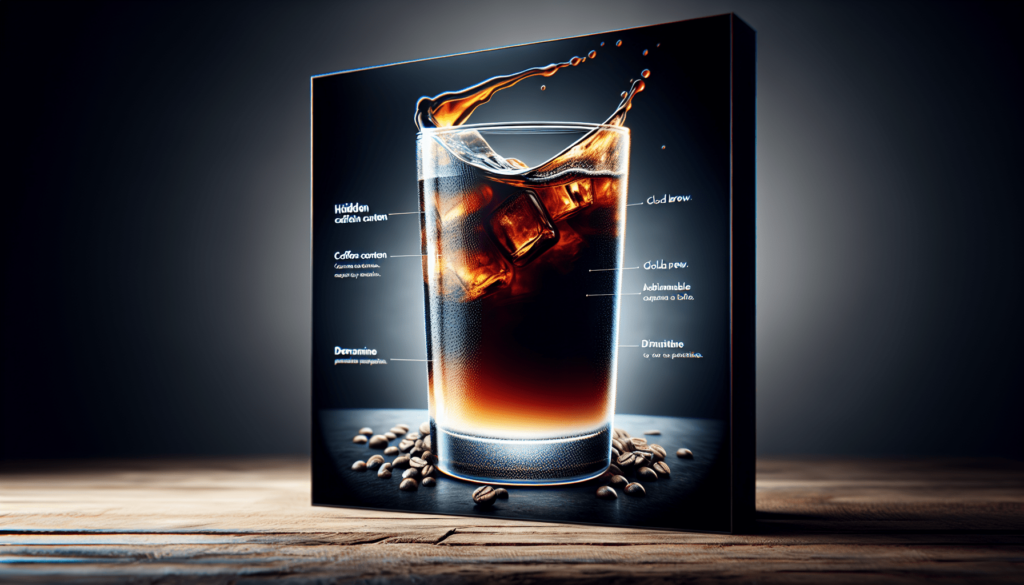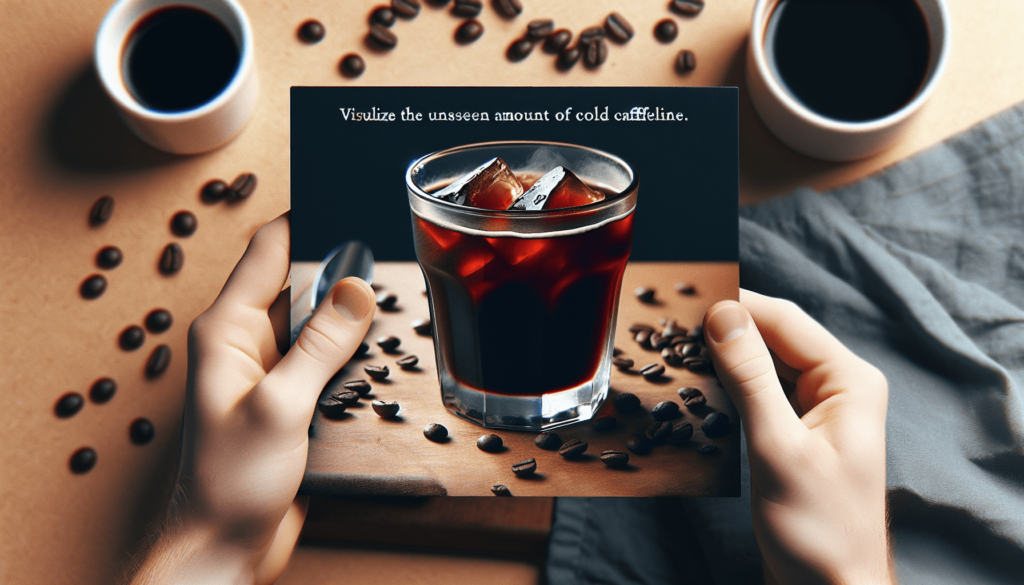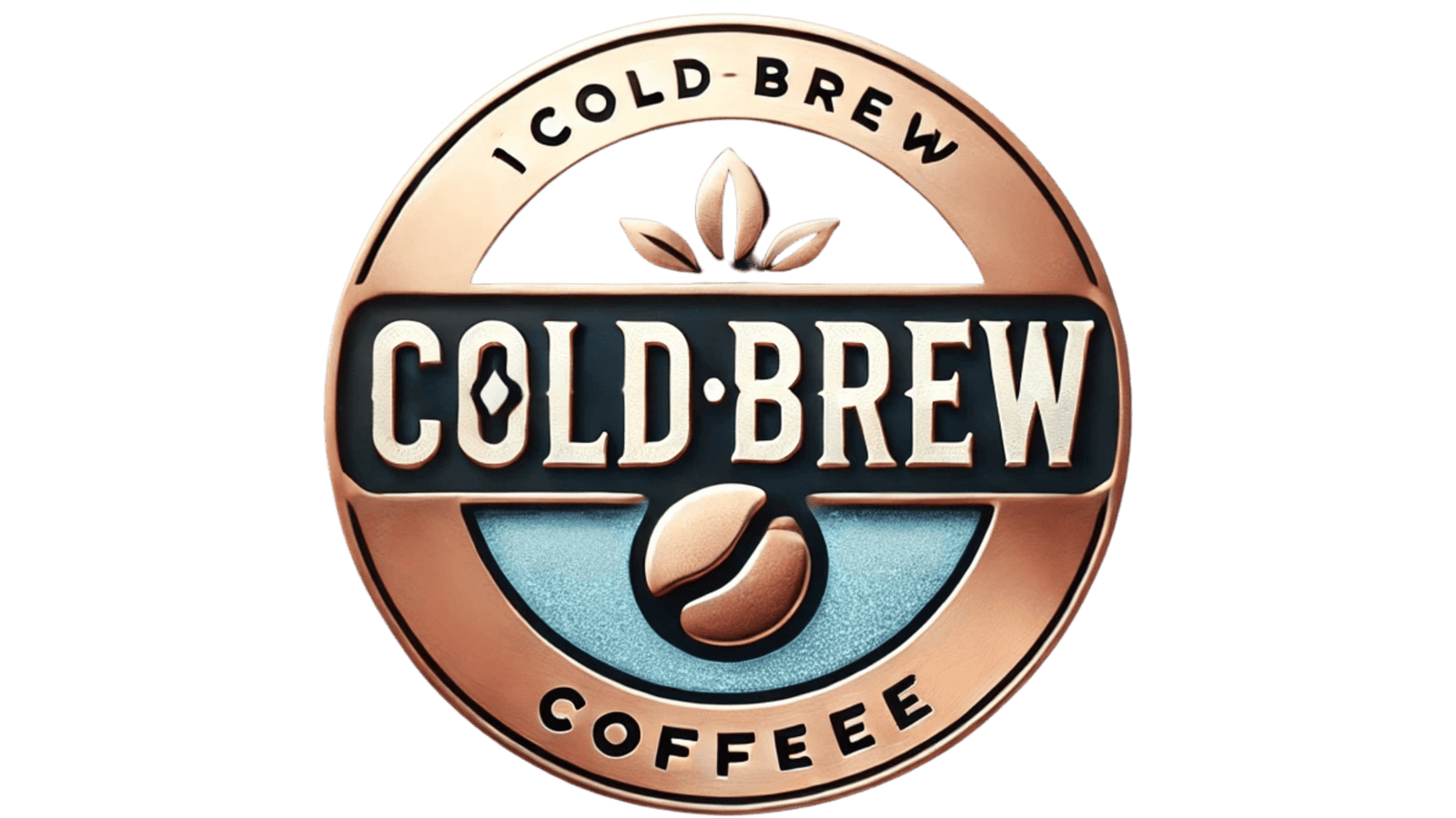How Much More Caffeine Is In Cold Brew Coffee?
How much more caffeine is in cold brew coffee? It’s a question that many coffee enthusiasts have pondered. Whether you’re trying to cut down on your caffeine intake or looking for a stronger pick-me-up, understanding the caffeine content in cold brew coffee can help you make more informed choices about your daily caffeine consumption.
What Is Cold Brew Coffee?
Cold brew coffee has skyrocketed in popularity in recent years, thanks to its smooth, bold flavor and lower acidity compared to traditional hot brewed coffee. Unlike hot brewed coffee, which is brewed with hot water, cold brew coffee is made by steeping coarse coffee grounds in cold water for an extended period of time, usually 12-24 hours. The result is a rich, concentrated coffee concentrate that can be diluted with water or milk to create a delicious cold brew coffee drink.
How Is Cold Brew Coffee Different from Iced Coffee?
Cold brew coffee is often confused with iced coffee, but these two drinks are quite different. Iced coffee is simply traditional hot brewed coffee that has been cooled down and poured over ice. Cold brew coffee, on the other hand, is brewed with cold water from the start, which results in a smoother, less acidic coffee with a bolder flavor profile.
Caffeine Content in Cold Brew Coffee
Now, let’s get to the heart of the matter – the caffeine content in cold brew coffee. Many people believe that cold brew coffee is significantly higher in caffeine than hot brewed coffee, but is that really the case? The caffeine content of coffee can vary depending on several factors, including the type of beans used, the brewing method, and the coffee-to-water ratio.
How Is Caffeine Extracted in Coffee?
Caffeine is extracted from coffee beans during the brewing process. When hot water is poured over coffee grounds, it dissolves and extracts the caffeine, producing a flavorful, caffeinated beverage. In cold brew coffee, the process of caffeine extraction is slower due to the lower temperature of the water. This results in a coffee concentrate with a different caffeine content compared to hot brewed coffee.
Is Cold Brew Coffee Higher in Caffeine?
Contrary to popular belief, cold brew coffee is not necessarily higher in caffeine than hot brewed coffee. The caffeine content in cold brew coffee can vary depending on the coffee-to-water ratio, the brewing time, and the type of coffee beans used. In general, cold brew coffee tends to have a higher caffeine concentration per ounce compared to hot brewed coffee due to the longer steeping time.

Factors That Affect Caffeine Content in Cold Brew Coffee
There are several key factors that can affect the caffeine content in cold brew coffee. Understanding these factors can help you determine how much caffeine you’re consuming in each cup of cold brew coffee.
Coffee-to-Water Ratio
The coffee-to-water ratio plays a significant role in determining the caffeine content of cold brew coffee. A higher coffee-to-water ratio will result in a more concentrated coffee concentrate with a higher caffeine content. If you prefer a stronger, more caffeinated cold brew coffee, you can use a higher coffee-to-water ratio when brewing your cold brew at home.
Brewing Time
The brewing time also affects the caffeine content in cold brew coffee. The longer the coffee grounds are steeped in cold water, the more caffeine will be extracted. If you prefer a stronger, more caffeinated cold brew coffee, you can increase the brewing time to achieve your desired caffeine level.
Type of Coffee Beans
The type of coffee beans used can impact the caffeine content in cold brew coffee. Different coffee beans have varying caffeine levels, so choosing coffee beans with a higher caffeine content can result in a more caffeinated cold brew coffee. Experimenting with different coffee beans can help you find the perfect balance of flavor and caffeine in your cold brew coffee.
How to Calculate the Caffeine Content in Cold Brew Coffee
If you’re curious about how much caffeine is in your cold brew coffee, you can calculate the caffeine content using a simple formula.
Caffeine Content Formula:
Caffeine content (mg) = (coffee-to-water ratio) x (caffeine concentration of coffee beans) x (brewing time)
By plugging in the appropriate values for each factor, you can estimate the caffeine content of your homemade cold brew coffee. Keep in mind that this is just an estimate, as caffeine content can vary based on multiple variables.
Example Calculation:
Let’s say you use a coffee-to-water ratio of 1:4, a brewing time of 18 hours, and coffee beans with a caffeine concentration of 17 mg per gram. You can calculate the estimated caffeine content as follows:
Caffeine content (mg) = 4 x 17 x 18 = 1,224 mg
This calculation would give you an estimate of 1,224 mg of caffeine in your cold brew coffee, assuming all other factors remain constant.

Comparing Caffeine Content in Cold Brew and Hot Brew Coffee
Now that you understand the factors that influence caffeine content in cold brew coffee, let’s compare the caffeine content in cold brew and hot brew coffee.
Caffeine Content Comparison:
- Cold Brew Coffee: 100-200 mg of caffeine per 8 oz cup
- Hot Brewed Coffee: 70-140 mg of caffeine per 8 oz cup
As you can see, cold brew coffee generally contains more caffeine per ounce compared to hot brewed coffee. However, the actual caffeine content can vary based on the brewing method, coffee-to-water ratio, and brewing time.
Benefits of Cold Brew Coffee:
Besides its higher caffeine content, cold brew coffee offers several benefits that make it a popular choice among coffee drinkers. Some benefits of cold brew coffee include:
- Lower Acidity: Cold brew coffee is less acidic than hot brewed coffee, making it easier on the stomach for those with sensitive digestive systems.
- Smooth Flavor: Cold brew coffee has a smoother, less bitter flavor profile that appeals to those who prefer a milder coffee taste.
- Longer Shelf Life: Cold brew coffee can be stored in the refrigerator for up to two weeks, allowing you to enjoy a refreshing cup of cold brew anytime.
Caffeine Content in Popular Cold Brew Coffee Brands
If you prefer to purchase cold brew coffee from a coffee shop or supermarket, you may be wondering about the caffeine content in popular cold brew coffee brands. Here’s a breakdown of the caffeine content in some popular cold brew coffee brands:
Starbucks Cold Brew Coffee
Starbucks Cold Brew Coffee is a popular choice for many coffee lovers, thanks to its smooth, bold flavor. An 8 oz cup of Starbucks Cold Brew Coffee contains approximately 155 mg of caffeine, making it a strong pick-me-up for your morning routine.
Blue Bottle Cold Brew Coffee
Blue Bottle is known for its high-quality coffee products, including its signature Cold Brew Coffee. An 8 oz cup of Blue Bottle Cold Brew Coffee contains approximately 180 mg of caffeine, providing a powerful caffeine kick to jumpstart your day.
Califia Farms Cold Brew Coffee
Califia Farms offers a range of delicious plant-based beverages, including their Cold Brew Coffee line. An 8 oz cup of Califia Farms Concentrated Cold Brew Coffee contains approximately 205 mg of caffeine, making it a potent energy booster for when you need a caffeine boost.
Stumptown Cold Brew Coffee
Stumptown is renowned for its specialty coffee blends, including its Cold Brew Coffee selection. An 8 oz cup of Stumptown Cold Brew Coffee contains approximately 220 mg of caffeine, offering a robust caffeine jolt to keep you alert and focused throughout the day.
Tips for Customizing Your Cold Brew Coffee Experience
Now that you know more about the caffeine content in cold brew coffee, here are some tips for customizing your cold brew coffee experience to suit your taste preferences.
Adjusting the Coffee-to-Water Ratio
Experimenting with the coffee-to-water ratio can help you customize the strength of your cold brew coffee. If you prefer a stronger, more concentrated coffee, you can increase the amount of coffee grounds used. On the other hand, if you prefer a milder flavor, you can decrease the coffee-to-water ratio for a lighter brew.
Adding Flavor Enhancements
You can enhance the flavor of your cold brew coffee by adding various ingredients and flavorings. Some popular flavor enhancements include vanilla extract, cinnamon, nutmeg, and flavored syrups. Get creative and experiment with different combinations to create a unique and delicious cold brew coffee drink.
Trying Different Brewing Methods
There are several methods for brewing cold brew coffee, each offering a slightly different flavor profile. You can try the immersion method, the drip method, or the Japanese iced coffee method to see which one produces the best cold brew coffee according to your taste preferences.
Experimenting with Different Coffee Beans
The type of coffee beans you use can significantly impact the flavor and caffeine content of your cold brew coffee. You can experiment with different coffee bean varieties, such as Arabica, Robusta, or single-origin beans, to find the perfect balance of flavor and caffeine in your homemade cold brew.
In Conclusion
In conclusion, cold brew coffee offers a delicious, smooth alternative to hot brewed coffee, with a higher caffeine content per ounce. By understanding the factors that influence caffeine content in cold brew coffee, you can customize your cold brew coffee experience to suit your taste preferences and caffeine needs. Whether you prefer a bold, concentrated cold brew or a lighter, milder brew, experimenting with different brewing methods and coffee beans can help you create the perfect cup of cold brew coffee every time. Enjoy your caffeine fix and savor the rich, bold flavors of cold brew coffee!

